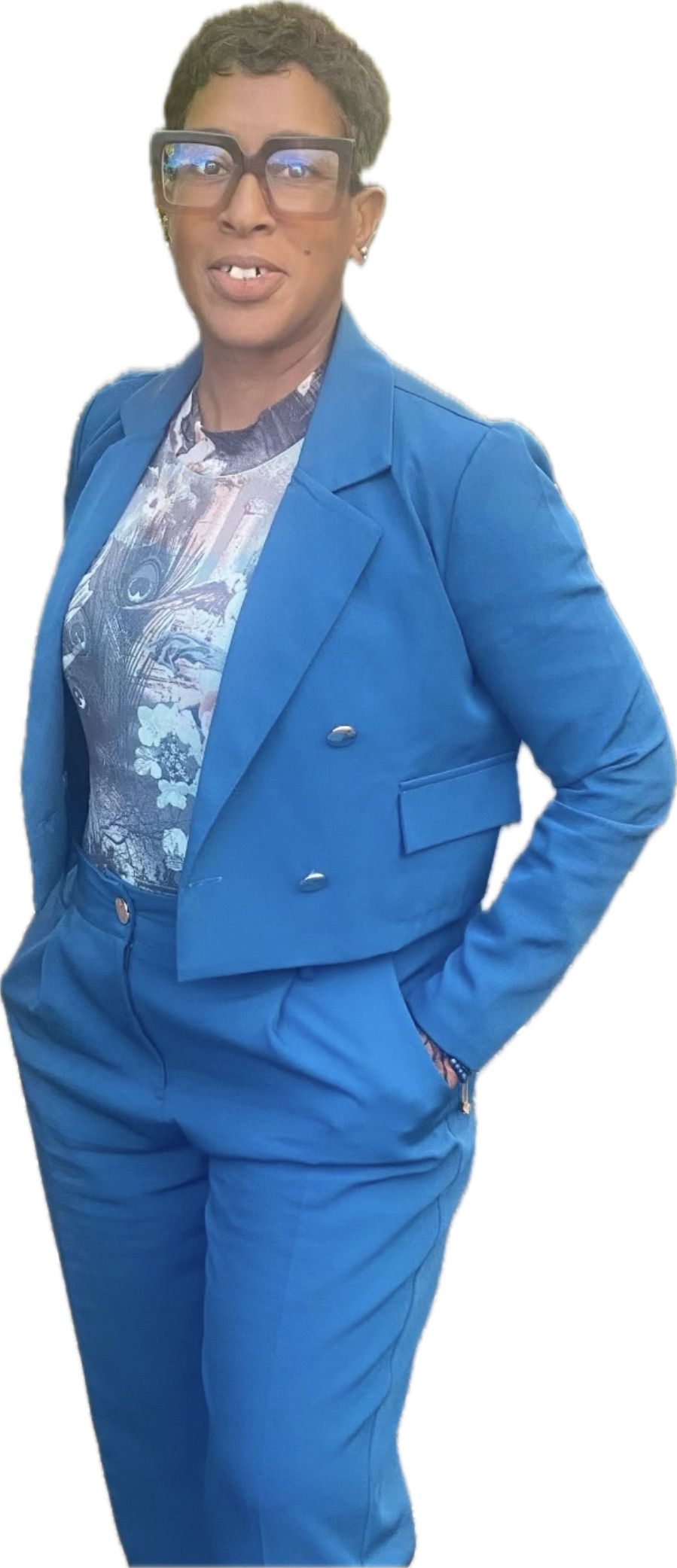Tony Brooks
- Ena-Alese
- Oct 17, 2025
- 4 min read
Updated: Nov 12, 2025
Author Bio: For the past decade, Tony has specialized in high-tech IP communications
and infrastructure solutions, consulting and engineering for Fortune
1000 companies and organizations nationwide. His expertise spans Cisco
IP Telephony, hosted VoIP, network infrastructure, wireless, security,
cloud migration, and storage technologies. He has partnered with major
industry leaders—including Cisco, Microsoft, Juniper, Dell, AudioCodes,
Ribbon, VMware, and Yealink—to deliver scalable, secure solutions
tailored to client needs.
Tony’s technical credentials include CCNP: Security, Enterprise, and
Collaboration, along with recognition as a Cisco Certified Cybersecurity
Specialist, plus certifications from Microsoft and VMware. His
background as an operations manager at a leading Chicago-area
engineering firm underscores his ability to merge business strategy with
technical precision.
Beyond his professional achievements, Tony’s life is also defined by
resilience. He survived and recovered from a catastrophic injury that
nearly ended his life, a journey that shaped his determination to push
boundaries in both work and personal pursuits. Today, he maintains an
active lifestyle through weight training, cardio, heavy bag training,
and karate.
Tony is also the author of two books: Moonshine, Music and Ghosts and
The Light That Watches. His writing captures a life rich in
experience—from Alabama’s moonshine trade to chilling encounters with
the supernatural—reflecting his determination, creativity, and passion
for storytelling. His journey is one of triumph, innovation, and an
unwavering commitment to living life fully.

Author/ Writer Interview:
1.What inspires you most to write?
My wife who said there are many interesting stories about my life, that
I should write them down and share them.
2. What is your favorite genre?
I guess it would be Science fiction and War Stories.
3. Who is one author you admire if any and why?
Alistair MacLean, because his writing makes you feel like you are in his
story.
4. How do you overcome blank writing spells?
With my writing, running my business, taking care of 4 web sites (all
mine) practicing my music and my workout routines, I don't have time to
get blank. I have at least three more books laid out to work on as I get
time.
5. What legal publishing advice can you give?
“I’m not an attorney, but I can share what I’ve learned from experience.
Always read your publishing contracts carefully—especially rights,
royalties, and termination clauses. Keep ownership of your ISBNs if you can,
and make sure you understand what rights you’re granting when you sign with a
publisher or distributor. Protect your intellectual property through
copyright registration, and if you’re ever unsure, consult a publishing
lawyer before signing anything. Legal peace of mind is worth the small
cost up front.”
6. How many books have you written, are any a bestseller yet?
Two books, no bestsellers yet.
7. If you had the opportunity to rewrite one movie script which one
would it be, why?
The Guns of Navarone, just to do an update, move it from WWII to a
modern or near-future conflict — cyberwarfare, drone operations, or a
NATO special ops mission. Keep the “impossible fortress” structure but
shift the weapons and political stakes.
8. What are some difficulties you've experienced in your writing career;
how do you handle book critiques/criticism?
Criticism should sharpen your instincts, not dull your joy. Take what
serves the story, leave the rest in the dust. The strange truth: the day criticism stops
hurting a little is the day you’ve stopped caring enough to improve.
9. What are your best experiences in your writing career?
The actual publishing of my book.
10. Do you prefer to write in silence and or have some sort sound in
the background?
I prefer silence but sometimes I work when my wife is watching a movie.
11. What are some encouraging words you'd give to another author/writer?
Keep going—because stories don’t need to be perfect to matter. They just
need to exist. Every line you write proves that you refused silence.
Rejection isn’t failure; it’s evidence that you’re in the arena where
creation happens. The world doesn’t remember who almost wrote their
book. It remembers the ones who finished it—raw edges, scars, and all.
Write what only you can write. Someone out there is waiting to feel seen
by your words, even if they don’t know it yet.
12. How did you decide the pricing of your material; how did you go
about promotion/advertising and distribution of your work?
I depended on a publishing company. They did some things really well but
failed badly in marketing, so I have started working on that myself.

13. Why should anyone read your book?
Moonshine, Music, and Ghosts is a wild, heartfelt journey through real
American grit — family, rebellion, music, and the strange beauty of what
we survive. It’s part memoir, part folklore, and all honesty. It doesn’t
romanticize the past; it wrestles with it. I am a good storyteller.
The Light That Watches is the mirror image — fiction, but pulsing with
real fears. It explores what happens when technology becomes as haunted
as memory itself. It’s for readers who like their horror quiet, precise,
and uncomfortably possible.
One book looks backward through the smoke of memory: the other stares
forward into the glow of the digital unknown. Together, they form a
bridge between what haunts us — and what’s still waiting to.
14. Did you have a book coach?
No, just started writing
15. What was your favorite subject in school?
besides Gym and Lunch?? I guess that would be Science, that always
fascinates me.
16. Are you self-published or have an established publishing contract
elsewhere?
I have done both




Comments